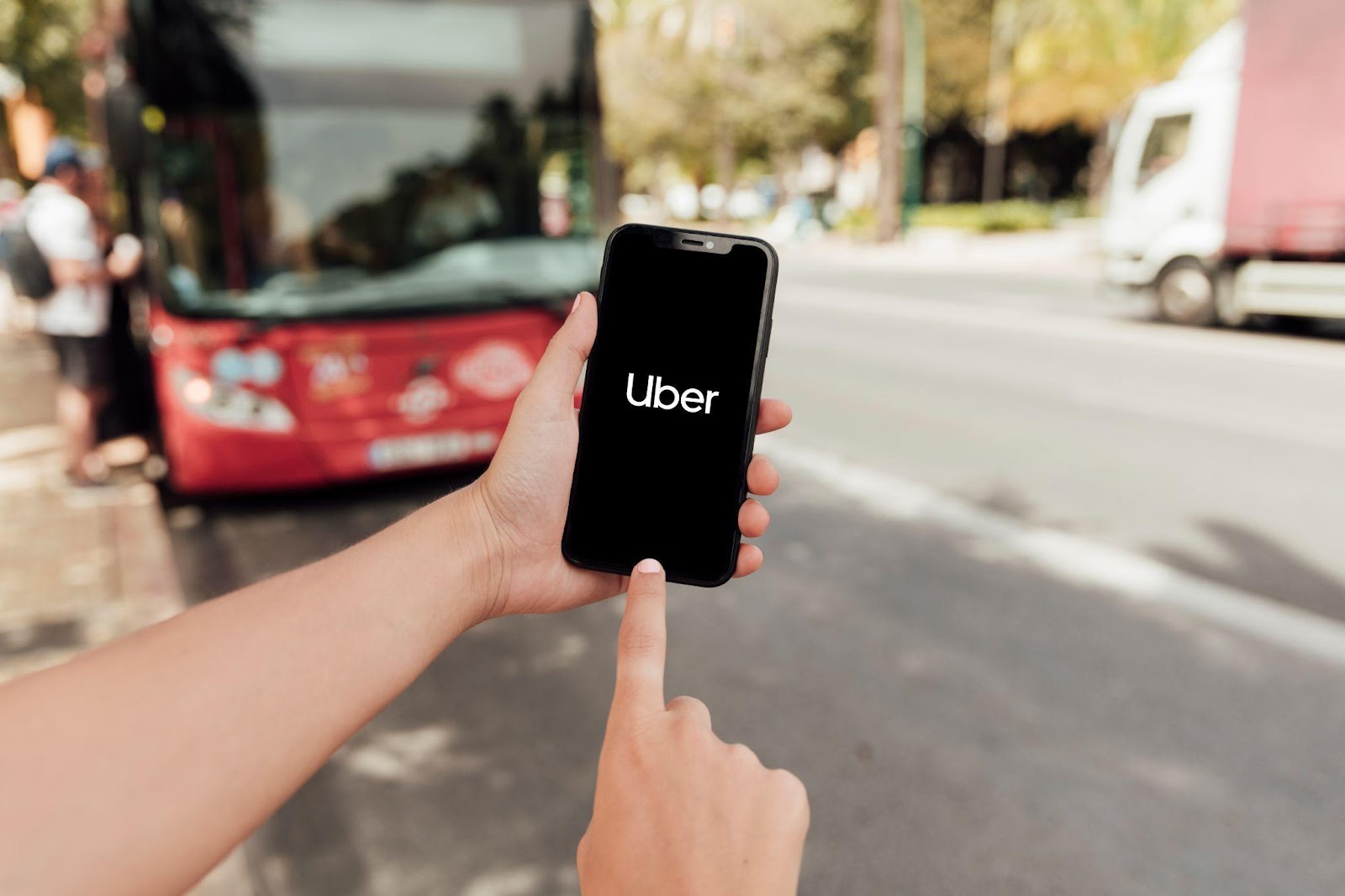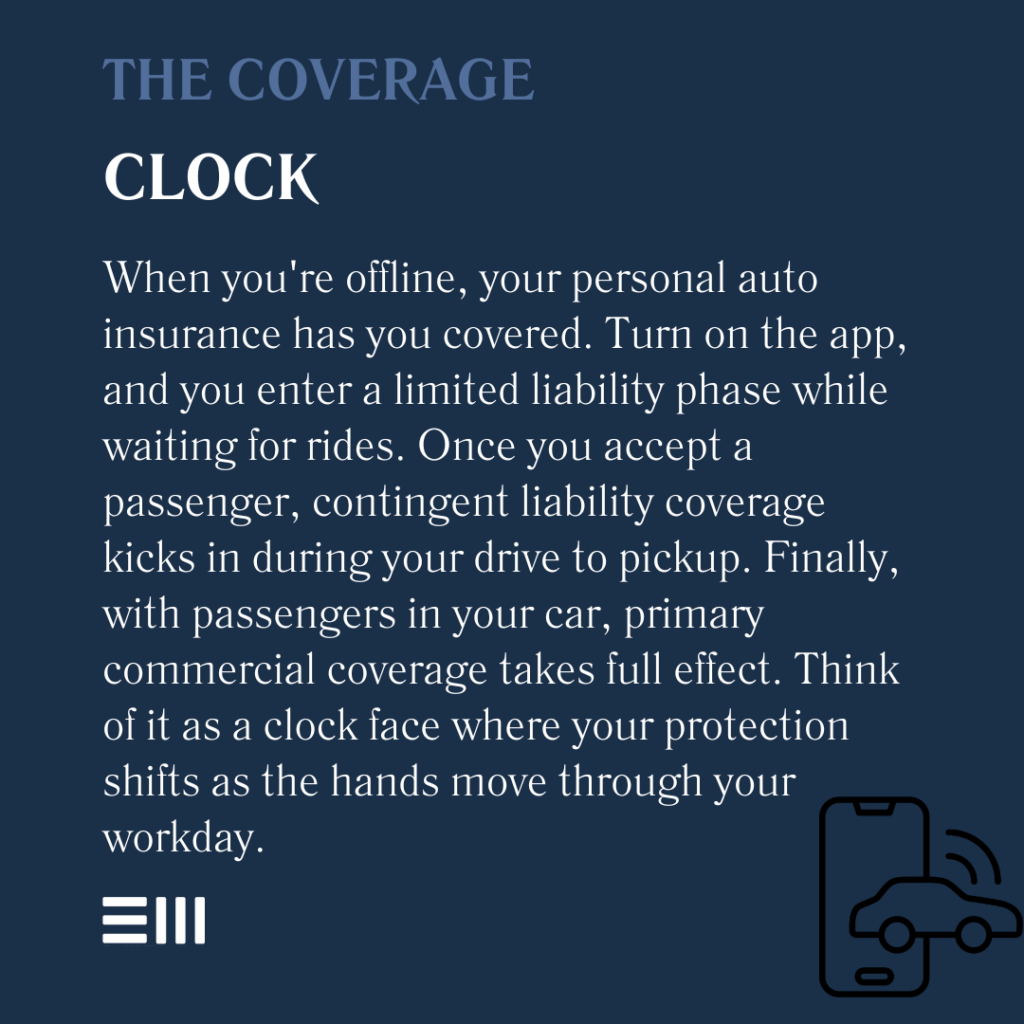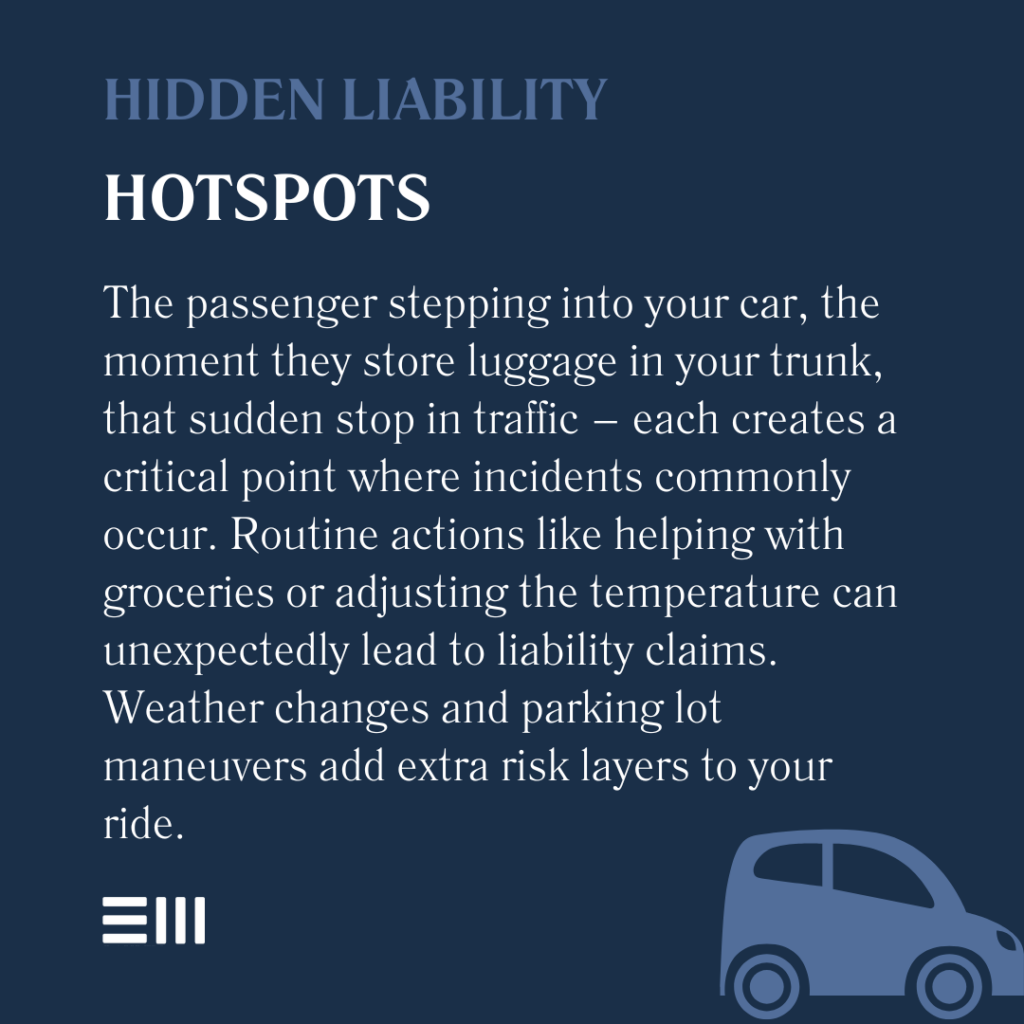
A single tap on your phone transforms your personal vehicle into a commercial enterprise, but that same tap also reshapes your legal responsibilities in ways many drivers never consider.
In the time it takes to accept a ride request, your insurance coverage shifts, your liability exposure changes, and your entire relationship with the road takes on new meaning.
For rideshare drivers across Alabama, each passenger pickup launches a complex dance between personal auto policies, corporate insurance coverage, and potential gaps that could leave you financially exposed. What seems like a straightforward drive across town carries layers of liability that can impact your future long after your passenger reaches their destination.
For Alabama’s rideshare drivers, understanding these hidden complexities isn’t just about protecting your business—it’s about safeguarding your entire financial future.
Understanding Insurance Coverage Periods
Insurance coverage for rideshare drivers changes throughout their workday, creating different levels of protection and potential vulnerabilities. The complexity of these coverage periods often leaves drivers uncertain about their protection at any given moment, potentially exposing them to significant financial risk.
Key coverage periods include:
- Personal period with app off (personal auto insurance applies);
- Available period with app on waiting for rides (limited liability coverage);
- En route to pickup passengers (contingent liability coverage);
- During rides with passengers (primary commercial coverage);
- Between rides with app still active (varying coverage levels);
- Special event or high-demand period coverage;
- Coverage during multiple app usage;
- Airport and restricted zone operations;
- Interstate travel considerations;
- Coverage during passenger emergencies;
- Breakdown and towing situations; and
- Extended waiting period coverage.
Understanding these distinct periods helps drivers recognize when they have full protection and when gaps might expose them to liability. Each phase carries unique implications for both drivers and passengers, making it essential to maintain accurate records of operating status throughout each shift.

Driver Responsibilities and Legal Obligations
Rideshare drivers must navigate both standard traffic laws and additional requirements imposed by their service providers. Meeting these obligations helps protect drivers from liability issues and maintains their eligibility to operate while ensuring passenger safety and service quality.
Essential responsibilities include:
- Maintaining a valid driver’s license and insurance;
- Regular vehicle maintenance and inspections;
- Proper passenger screening and verification;
- Accurate trip logging and documentation;
- Compliance with local transportation regulations;
- Adherence to service provider policies;
- Emergency procedure knowledge and preparation;
- Proper handling of passenger belongings;
- Documentation of incidents or accidents;
- Regular safety training completion;
- Vehicle cleanliness and sanitization;
- Background check renewals;
- Local business license compliance;
- Tax documentation maintenance;
- Healthcare guidelines adherence; and
- Accessibility accommodation requirements.
Fulfilling these responsibilities creates a foundation for safe operation and liability protection. Regular review and updates of these practices help ensure continued compliance and risk reduction while building a professional reputation in the rideshare community.
Common Liability Scenarios
Understanding potential liability situations helps drivers prepare for and potentially prevent problematic incidents. Many liability issues arise from seemingly routine situations that escalate unexpectedly, highlighting the importance of constant vigilance and proper documentation.
Notable liability scenarios include:
- Accidents during passenger transport;
- Incidents during the waiting period;
- Passenger injuries during entry or exit;
- Property damage claims;
- Personal security incidents;
- Navigation-related delays or issues;
- Vehicle condition disputes;
- Service animal accommodation;
- Passenger misconduct situations;
- Multiple-party accidents;
- Parking and pickup location incidents;
- Weather-related complications;
- Lost item disputes;
- Payment processing issues;
- Passenger health emergencies;
- Traffic violation implications;
- Interstate jurisdiction matters; and
- Rating disputes and appeals.
Recognizing these scenarios enables drivers to take preventive measures and maintain proper documentation. Preparation and awareness significantly reduce liability exposure and enhance the overall service experience for both drivers and passengers.

Risk Mitigation Strategies
Implementing effective risk management practices helps protect drivers from liability claims and enhances passenger safety. Proactive measures often prevent incidents before they occur, saving time, money, and potential legal complications.
Key strategies include:
- Comprehensive vehicle maintenance records;
- Dash camera installation and operation;
- Regular insurance coverage review;
- Passenger interaction documentation;
- Safe pickup location selection;
- Weather condition monitoring;
- Route planning and optimization;
- Emergency procedure preparation;
- De-escalation technique training;
- Regular safety equipment checks;
- Incident reporting protocols;
- Professional development;
- Network building with other drivers;
- Local area familiarization;
- Alternative route planning;
- Emergency contact procedures;
- Vehicle security measures; and
- Personal safety protocols.
Consistent application of these strategies creates a safer operating environment and stronger liability defense. Regular assessment and adjustment of these practices ensures continued effectiveness and adaptation to changing conditions.
Frequently Asked Questions About Rideshare Liability in Alabama
Understanding common liability concerns helps drivers make informed decisions about their rideshare operations.
These questions reflect real scenarios encountered by drivers across Alabama, providing practical guidance for common situations.
What Insurance Coverage Do I Need as a Rideshare Driver?
Beyond personal auto insurance, consider rideshare-specific coverage that fills gaps between personal and company-provided insurance. Review policies carefully for coverage periods and limitations. Consider additional umbrella policies for extra protection.
How Do I Handle an Accident During a Ride?
Document everything, ensure passenger safety, contact emergency services if needed, report the incident to your rideshare company, and gather witness information. Never admit fault or make promises about compensation. Follow company protocols precisely.
When Does Company Insurance Coverage Apply?
Company insurance typically provides full coverage during active rides and limited coverage while waiting for requests. Understanding precise coverage periods prevents gaps in protection. Coverage levels vary by company and operating phase.
Can I Drive for Multiple Services Simultaneously?
While possible, driving for multiple services requires careful attention to insurance coverage and potential conflicts in coverage periods. Check each company’s policies regarding multiple-platform operations. Consider the impact on insurance claims.
What Rights Do Alabama Passengers Have in an Accident?
Passengers maintain rights to compensation for injuries and damages, potentially from multiple insurance sources. Understanding these rights helps drivers manage incident responses appropriately. Document all passenger concerns immediately.
How Can I Protect Myself from False Claims?
Install and maintain a dash camera, keep detailed records of all rides, document any unusual incidents, and follow all company protocols consistently. Consider additional liability insurance for extra protection.
What Should I Do if My Account Gets Deactivated?
Document all communications, gather evidence of compliance with policies, and consider legal consultation. Many deactivations result from misunderstandings that can be resolved with proper documentation.
Secure Your Future on the Road
Your rideshare driving career deserves protection backed by experienced legal support.
At Baxley Maniscalco, we understand the complexities of rideshare liability and stand ready to defend your rights. Whether you’re dealing with an accident, insurance dispute, or platform deactivation, our expertise can help protect your interests.
Contact us today for a free consultation about your rideshare liability concerns.
Our team provides the guidance you need to operate confidently and safely. Let us help protect your driving career and financial security. With proper legal support, you can focus on what matters most—providing safe, reliable transportation for your community.
Can't find what you're looking for? Search our site below.










